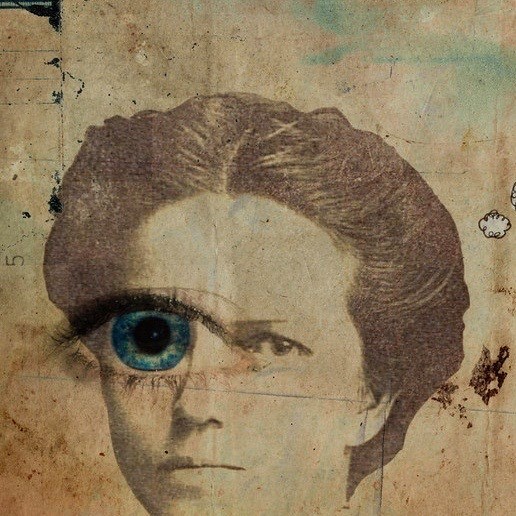Thank you, Brian Eckelman, for such a perceptive question.
It is a massive question. Here, I will focus just on what creates our understanding of reality within society. I want to draw a separation between ‘real effects’ and ‘reality’: something can have a real effect upon us, but that doesn’t necessarily mean that it is real…
I’m a fan of Liverpool Football Club. Imagine that when they lose a match, I say to myself, ‘I’m going to have a terrible weekend now.’ I am effectively creating the reality in which I live; I am creating a perception of what things are going to look like across the weekend as a consequence of my team losing. But someone else could have an entirely different experience. They could still be a Liverpool fan. When the team loses, they too are disappointed, but instead they say, ‘I’m not going to let it affect my weekend.’ We have an identical scenario but two different perceptions of what the effects will be. I have been both versions of this fan. I used to actively choose to be miserable if Liverpool lost. I told myself being a dutiful fan meant being miserable when they lost. I now realise that whether they win or lose is out of my control, so I rarely allow it to impact my life. This does not stop me celebrating when they win; it just means that if they lose, I no longer consider it a calamity.
If you keep telling yourself that something is going to go wrong, then your perceptual experience is likely to follow suit. By contrast, when we tell ourselves, ‘It’s all going to be fine; I can do this’, we strengthen the neural pathways which activate positive self-beliefs. There is still no guarantee, of course; but the more we send signals to our brain to give us more of what we want, the greater the likelihood that we will actually get what we want.
So, what is the beauty of perception creating our reality? Well, there are a few things Here’s just one: it suggests that we have some control over how we experience the world. We can reshape and redefine what our world looks like based on our perception. We can redefine who we are and what we are capable of doing by changing what we think is real about ourselves. We can look at where we have limitations based on a belief and we can work to eradicate that belief; we acknowledge that the belief is just a belief and there is nothing real about it beyond our perception.
That’s the magic in seeing how perception creates our reality. I now invite you to ask yourself: ‘Where in my life would it make a difference, if I saw that it was only my perception which was creating my reality? And what difference would that make if it were just my perception which was creating my reality? Would it allow me to have more freedom? Would it allow me to have more peace of mind? Would that anxiety that I sometimes experience go away? Would the fear dissipate?’
What do you think? Does perception dictate reality? If so, how? Let us know in the comments.
And, as always, if you have a question for the Armchair Philosophers, don’t hesitate to get in touch. You could send us a message or fill in this form.
Image: (credit)
I am an expert on the human condition. I did an MPhil in Philosophy at KCL. My PhD at Oxford is on the significance of Hume’s philosophy of law. The core idea is that law's ultimate point is reducible to the interests of society. I run a coaching business called The Philosophical Coach. I host the podcast, 'This Humean Life', which tackles the nuances of being human – exploring how thoughts and language create our reality and why identity is never as fixed as we assume, and covering topics such as mental health, failure, relationships, masculinity, joy, business.

